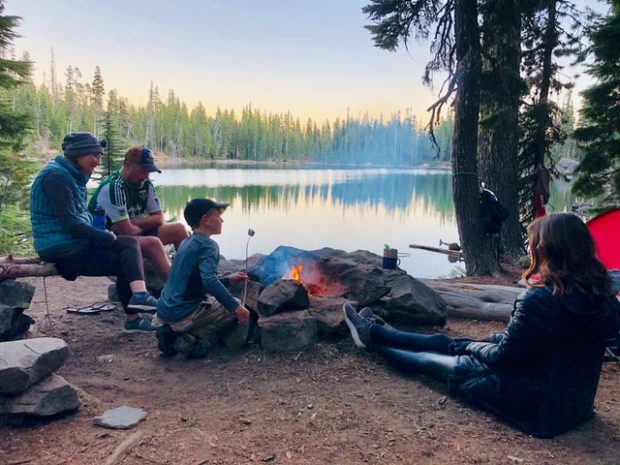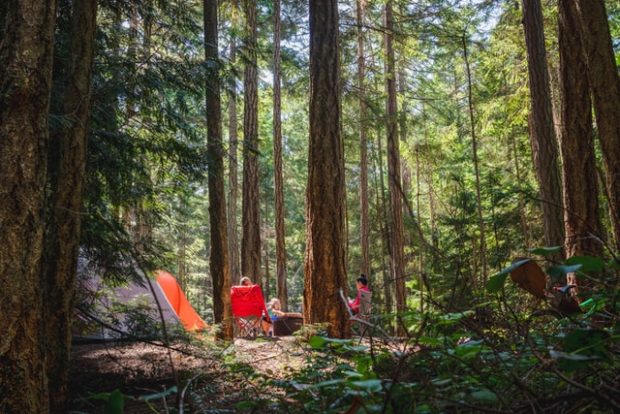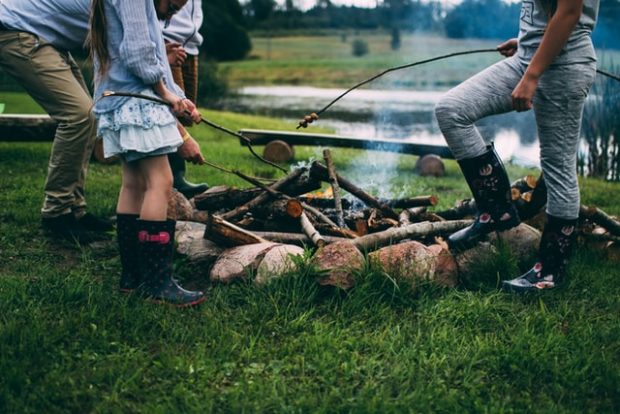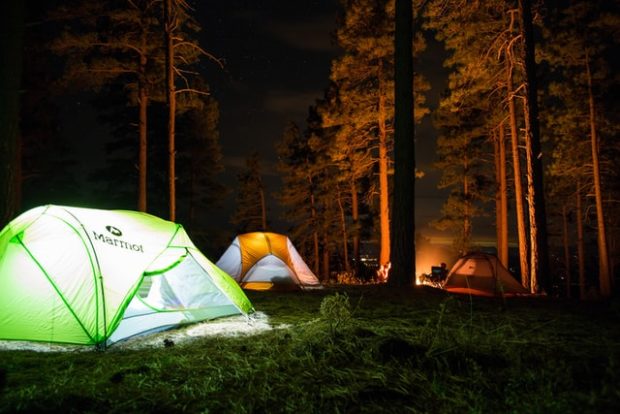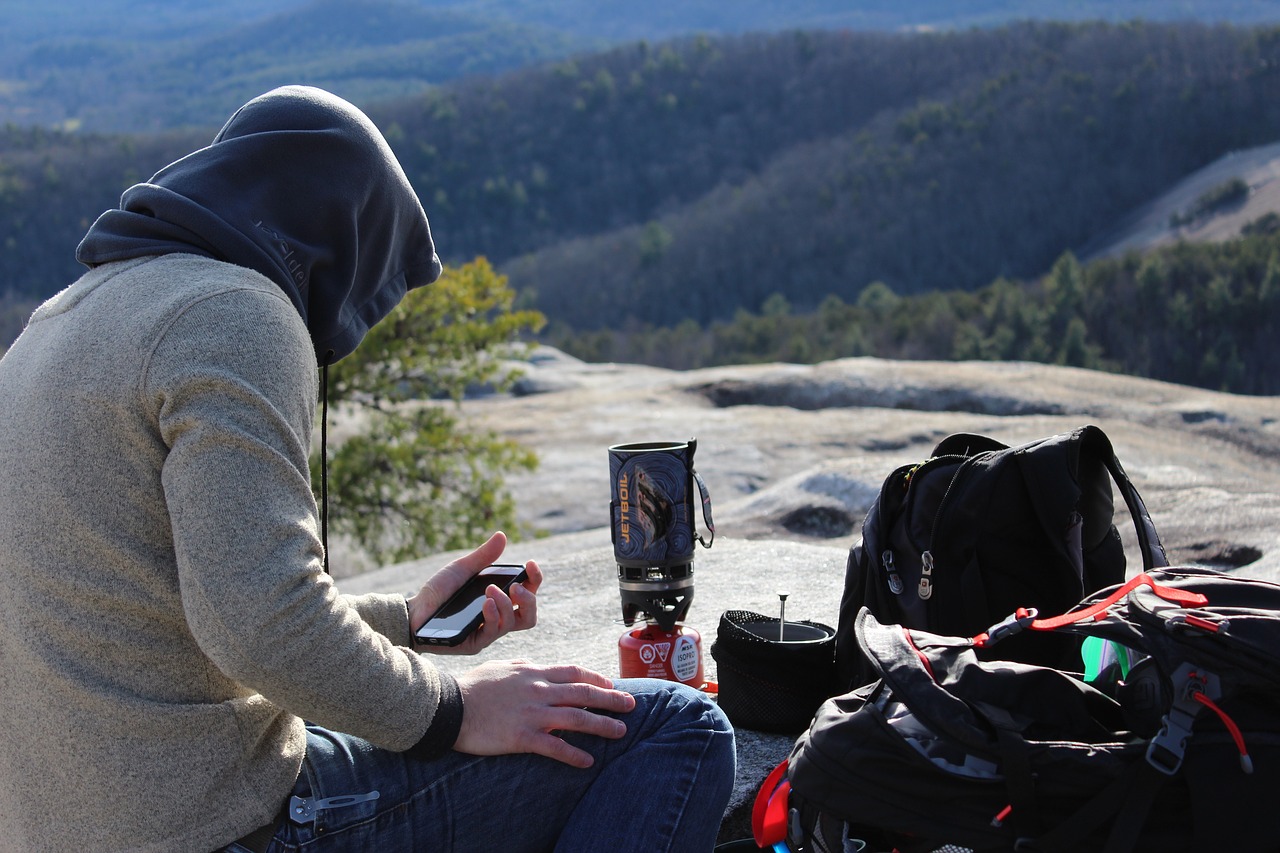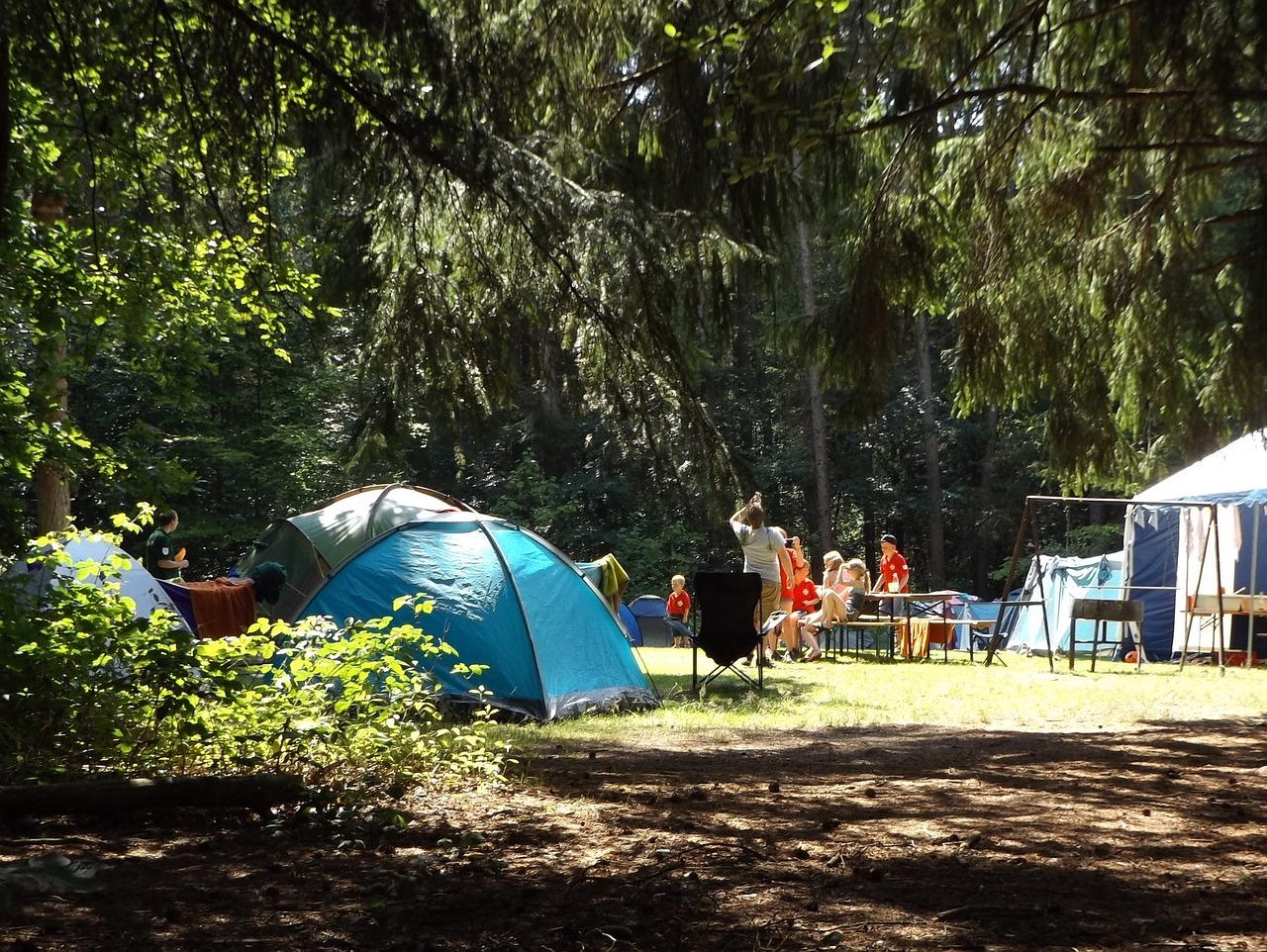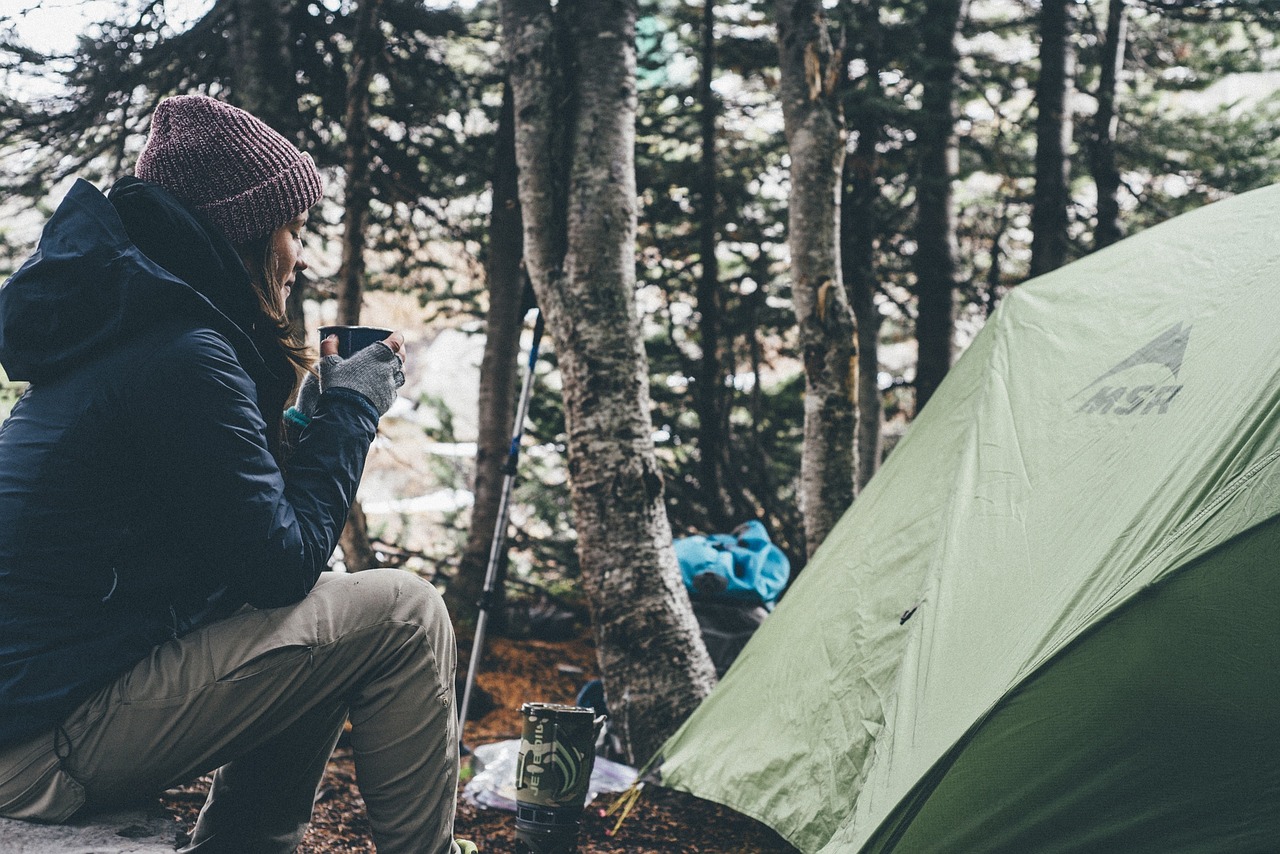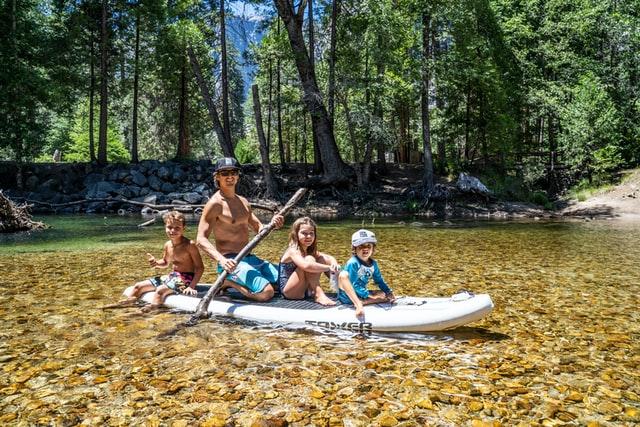Camping trips are a great way to spend time with family and friends. They can be an excellent bonding experience for the entire family or fun with your best buddies. Planning a camping trip is not always easy, though. There are many factors that you need to take into consideration when planning this kind of adventure. To help you plan your next trip, here is a comprehensive guide that will provide all the information you need to enjoy an unforgettable outdoor experience while spending quality time with those who matter most.
Ensure you Have Enough Supplies
Also, consider carrying ground cloths, which can set up your tent. Loppers or pruners for cutting firewood and clearing brush around campfire sites. A map that should include where you’re going and how long it will take you to get there, along with alternate routes (in case something happens). First-aid kit with items like bandages for cuts & scrapes along with pain relief medication in case you get a headache from hiking too long.
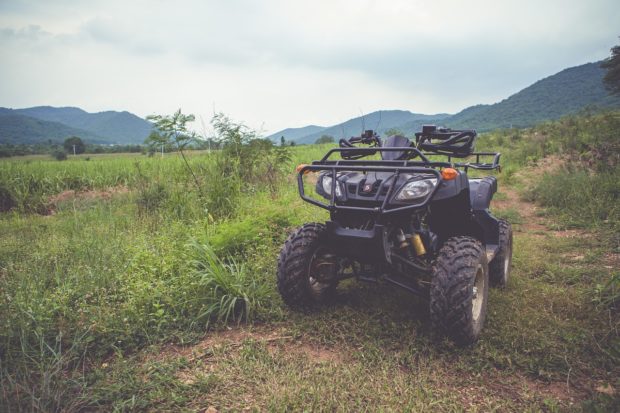
Suppose you are planning to go on a family camping trip or an overnight hike with ATVs. All equipment, including RZR Wheel Bearings, is always important to be of top quality.
Decide on the Activities to Do
There are many options such as canoeing/kayaking, hiking, fishing (and catching), swimming in lakes or rivers, and playing games & sports with items that can be set up wherever you are staying for the night. This includes card decks or board games if it’s raining outside. Also, telling stories around the fire pit until everyone yawns from exhaustion, trying out different recipes on hot skewers over the said fire pit while s’mores get made by an eager-to-learn child nearby who wants to help.
Make Sure Everyone Knows What to Carry
First off, be sure that everyone in your family knows what items they should bring on the trip. If there are spouses or children involved, who rarely camp. Then make sure they know how much space and weight their gear will take up in the car when driving over to wherever you’re going! Then go through each person individually and ask them if anything else needs to come along.
Next, go over the basics like food and clothing. Ensure that everyone knows what clothes they should bring for different weather—also, any outerwear to protect them from rain, hail, insects, etc. If you are making your meals on-site, then you will have all the ingredients you need. This is also where you can ask if anyone has any dietary restrictions that may need bringing certain foods along with them. For instance, an allergy or intolerance to dairy products means no campfire cooking at night. Finally, double-check this list against your packing checklist so everything matches up before heading out on day one.
Carry Medication
Your camping checklist needs to include things like medications, sunscreen, and insect repellant. These are all crucial for a successful family trip. The last thing you want is an unexpected illness ruining your plans. Therefore, plan with meds, sunblock + hats/gloves if needed, and insect spray.
Carry Essentials for Setting Up the Tent
This depends mainly on where you are going and what your budget is. First off, begin with the tent – remember that it needs to be big enough for everyone who will sleep in it! This also means having appropriate sleeping bags or mats for each family member, so don’t forget about little ones when planning this out. Depending on where you are camping (e.g., if near a lake or river, then an inflatable raft can make things much more fun.
Bring along additional equipment like a kayak or canoe, fishing rods, or even snorkeling gear. Ask the kids what they’re interested in trying out. Be sure that everyone has appropriate clothing for sleeping under, including hats/mittens if cold at night.
Final Thought
Camping is a great way to enjoy time spent outdoors with your family! Not only can you go on many fun adventures, but there are so many activities to take part in. You will make memories together during some quality bonding time. Remember not to be forgetful of what’s needed for the trip ahead and plan before heading out. This means having critical supplies ready & available at home or even packed into cars already. Be prepared if different things could happen while camping, such as getting lost, running low on food, water, or supplies. Find locations to camp ahead of time and doing your best to enjoy the trip by being present rather than worrying about what might happen next.

